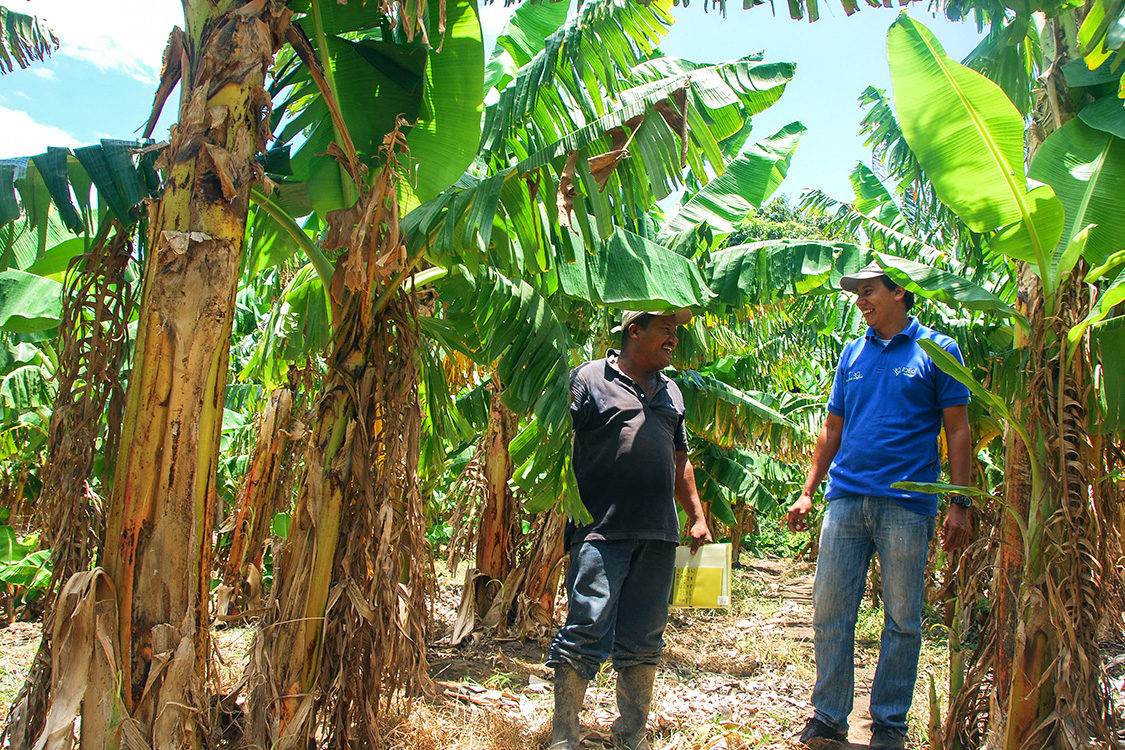Social enterprise fills a market gap

Market Approaches
When market actors are not present, iDE creates a new financially viable enterprise dedicated to social, environmental, and poverty reduction goals.
Social enterprises differ from traditional enterprises in that the ultimate goal is social impact rather than profit maximization. Generating sufficient profit is a means to sustain and maximize social impact.
Three primary conditions must exist to justify the need for a social enterprise in the market:
- The discovery of products or services that could have a positive impact on the well-being of low income communities.
- The absence of a supply chain for these products and services in the existing market.
- A feasible and viable financial model for self sufficiency.
Market facilitation is only relevant when there are existing market actors to support. In the absence of these actors, traditional development approaches would advocate for free distribution of products and services to low income communities. As these solutions are not sustainable, the only real market solution is establishing a supply chain that can function independently of aid (in fact, when subsidy or free distribution exists, it creates market distortion that can have a negative effect on the sustainability of the social enterprise).

Advantages
One of the biggest programming advantages of supporting social enterprises as a market solution, compared to market facilitation projects, is the ability to maintain control over the supply chain. One big challenge in market facilitation programming is the unpredictability of market actors’ actions particularly after projects are completed. It is difficult to engage particularly smaller market actors in innovative business strategies as they are viewed as risky. It is easier to test these strategies as a social enterprise, since the risk is your own.
Disadvantages
Social enterprises often need partners to kickstart them, as market entry costs can be substantial. Investors are not incentivized to support initiatives in which they do not see strong and growing returns. Donors on the other hand are less inclined to support initiatives that measure performance on profit generation over making a social impact. One way that iDE has overcome the funding challenge is to partner with progressive donors like SDC who understand the sustainable and scaleable gains of investing in social enterprises and overcoming poverty challenges through market systems. Measuring performance by profits would encourage the enterprise to reach the kind of scale that could attract investors and reach financial sustainability.
Nicaragua Case Study: Building a Social Enterprise
iDE founded iDEal Tecnologías in 2010 as a social enterprise in Nicaragua with the purpose of helping small-scale farmers increase their incomes by providing access to low-pressure irrigation systems. In partnership with local manufacturers, nearly all system components are produced locally. iDEal’s team of technicians trains farmers on the installation, use, and maintenance of the technology, as well as providing information about crop management.
iDEal Tecnologías provides integrated services like irrigation systems and long-term farm consulting and problem solving to small- and medium-sized farmers in Nicaragua. Farmers travel over a day by bus to iDEal’s office for crop management support.
iDEal works through the existing network of current farmers with drip irrigation to identify champions who believe in the technology and want to spread it to others. There are three roles for these current drip owners:
- Retailer (dealer) – The key affiliate in a specific geographic location who takes commercial responsibility for selling drip to all farmers in their area.
- Agent – A drip farmer who believes in the technology and wants to invite local farmers to his/her field to learn about drip.
- Referrer – A drip farmer who recommends potential buyers to an agent or retailer.
iDEal is unique in Nicaragua; no private company markets the same technologies and markets it to farmers. The success of this enterprise depends on the creation of a good, functional retail network. Doing so in an environment where the supply chain was non-existent is not easy. One of the first challenges iDEal faced was the decision to restrict sales to farmers whom iDEal technicians determined had the right conditions for success, rather than selling to everyone who expressed an interest. This decision goes hand-in-hand with the social impact mission: it does little good for iDEal to make a profit if the consumers purchasing its products do not benefit from it. iDEal has continued to refine their retail strategy so that it is easy for farmers to learn about drip irrigation, environmental conditions for success, and how to install it confidently on their farms.

